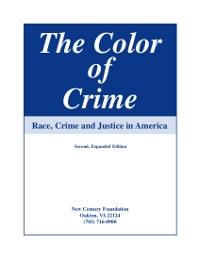2 Peter Chapter 2, March 30th, 2012
In the first chapter, the thrust of Peter's message was in support of the truth of the Gospel accounts. Here in the second chapter, he addresses the nature of the adversaries of that Gospel.
II 1 Now there were also false prophets among the people, as even among you there shall be false teachers who shall introduce destructive systems of philosophy, even denying the Master who has bought them, bringing upon themselves quick destruction, 2 and many shall follow in their licentiousness, because of whom the way of truth shall be blasphemed, 3 and with greediness they shall make profit from you with fictitious words, for whom from of old their judgment is not idle and their destruction does not sleep!
This statement of Peter's may seem on the surface to be oriented towards a universalist type of thinking, where it can be imagined that Peter is saying that Christ purchased the false prophets with His blood, and therefore the false prophets also may be redeemed. But that is not the case which Peter is making. Rather Peter states, “from of old their judgment is not idle”, as the destruction of the ungodly had been ordained long beforetime. Peter is discussing the body of the people as a whole, who have always had false prophets among them. The false prophets and wolves in sheep’s' clothing are apparently Israel, they claim to be Israel, but they are not truly Israel and therefore their judgement is ordained from of old. Denying the Master, they must be tares, and not wheat. Peter is talking in terms of what was apparent in his day, and not in terms of genetics. The books of genealogy were long lost.
An examination of the Old Testament shows that because the children of Israel did not remove all of the Canaanites as they were commanded, that those Canaanites were to be “pricks in their eyes and thorns in their sides”. That these pricks were always able in one way or another to infiltrate and to corrupt the people of the nation is also quite evident in scripture, and especially in the prophets such as Jeremiah and Ezekiel. Peter is recognizing that it is the Gospel which must separate the wheat from the tares, and at one time it certainly did. It still should do that today. Likewise, as long ago as the time of Daniel, upon finding out the two priests who attempted to use their positions of authority to corrupt a young woman, the prophet exclaimed at Susanna, 56: “... O thou seed of Chanaan, and not of Juda, beauty hath deceived thee, and lust hath perverted thine heart.” Peter is telling us how to identify the infiltrators: those who do not acknowledge the Word of God but who teach another gospel are false prophets, and false prophets come as infiltrators from the camp of the enemy. Yet we must be careful to understand that Peter is talking about the deceivers, and not merely the deceived.











